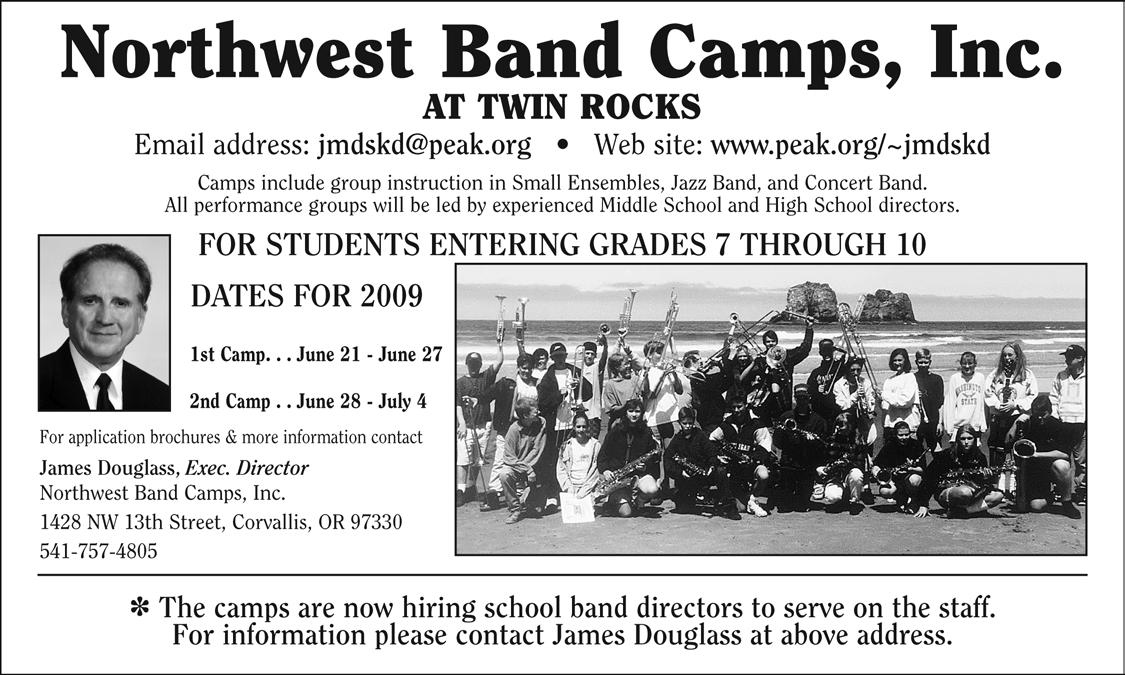
1 minute read
LynndaMembershipColumn Fuller MembershipChair

How important is music education to you? Making music a regular part of the public school curriculum was so important to Lowell Mason that he taught music at Hawes School in Boston, MA, for 1 year without pay (1837–38) in order to prove that music could be taught successfully to all students. The experiment was a success and, in August 1838, the Boston School Committee agreed to hire a vocal music teacher. “By this action music was approved for what may have been the first time in the United States as a subject of the public school curriculum, like English and mathematics, to be supported with school funds” (Mark, 1999, p. 145). The Boston School Committee did not approve a comprehensive music program typical to 21st Century schools—rather, it provided vocal music instruction to students in the grammar schools only. Music instruction was added to Boston primary grades in 1864 and to the high school in 1869 (Birge, 1928, p. 57).
Advertisement
Since 1838, music education has become an accepted and expected part of a public school education. From their simple beginning at Hawes School, music programs have grown to include band, orchestra, choir, general music, theory, history, technology, composition, and even Mariachi instruction. This has not been a smooth and untroubled road. Economic downturns and changing national priorities have challenged music education and continue to do so as we face significantly reduced funding for our schools.
As we face these challenging times, we must prepare ourselves to champion the cause of music education in our public schools. The question is: How? When our administrators ask us why our programs should be left intact, how do we answer them? MENC has produced high-quality advocacy materials that you can access at http://www.menc.org. Music Friends, an MENC sponsored group of parents and community members, works to support music in the schools. The www. musicfriends.org link will provide information on this group. MENC and NAMM created support tools that are available at “Support Music” at http://www.supportmusic.com/.
Meeting the challenges we face can benefit us. As we articulate our values to others, we clarify them for ourselves. Taking time to examine our philosophies of music education can not only make us strong advocates for music in the schools, but also can help us become better teachers. Yes, we face challenges today, but music education has faced challenges before and has remained a strong and vital force in American education. I am confident that the excellent music programs in Oregon’s K-12 schools will continue to flourish in 2009 and into the future.
References
Birge, E. B.. (1928). History of public school music in the United States. Washington, DC: Music Educators National Conference.
Mark, M. L., and Gary, C. L. (1999). A history of American music education (2nd ed.). Reston, VA: Music Educators National Conference.









